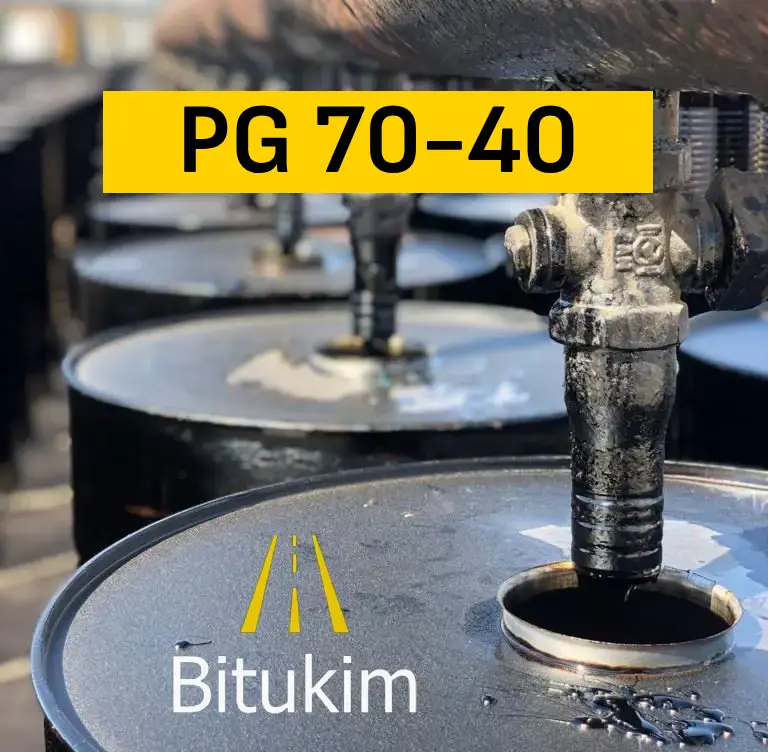
Introduction
Introduce Polymer Modified PG 70-40, emphasizing its significance in the asphalt industry and how it contributes to enhanced pavement performance and longevity.
What is Polymer Modified PG 70-40?
- Definition: Explain PG 70-40 as a performance-grade asphalt binder that is modified with polymers to improve its properties.
- Polymer Types: Discuss common polymers used, such as Styrene-Butadiene-Styrene (SBS), and their roles in modifying the binder.
Benefits of Polymer Modified PG 70-40
- Enhanced Durability: Increases resistance to aging, oxidation, and weathering, ensuring longer-lasting pavements.
- Improved Flexibility: Offers superior elasticity, reducing the risk of cracking in extreme temperature variations.
- High-Temperature Stability: Withstands deformation under high temperatures and heavy traffic, preventing rutting.
- Cold-Weather Performance: Maintains performance and flexibility in colder climates, avoiding brittleness.
- Better Aggregate Adhesion: Enhances bonding between asphalt and aggregates, promoting a more cohesive mix.
Applications
- Road Construction: Ideal for high-traffic highways, urban streets, and airport runways where durability is essential.
- Pavement Maintenance: Used in overlays and sealants to rejuvenate and extend the lifespan of existing pavements.
- Recycling: Effectively utilized in recycled asphalt mixtures, supporting sustainability.
Performance Characteristics
- Viscosity and Workability: Describe how the modification affects the viscosity, improving mixing and application processes.
- Test Results: Include performance data from relevant tests (e.g., Superpave) that demonstrate the effectiveness of PG 70-40.
Environmental Impact
- Sustainability: Highlight the role of Polymer Modified PG 70-40 in promoting sustainable construction practices and its potential for minimizing environmental impact.

